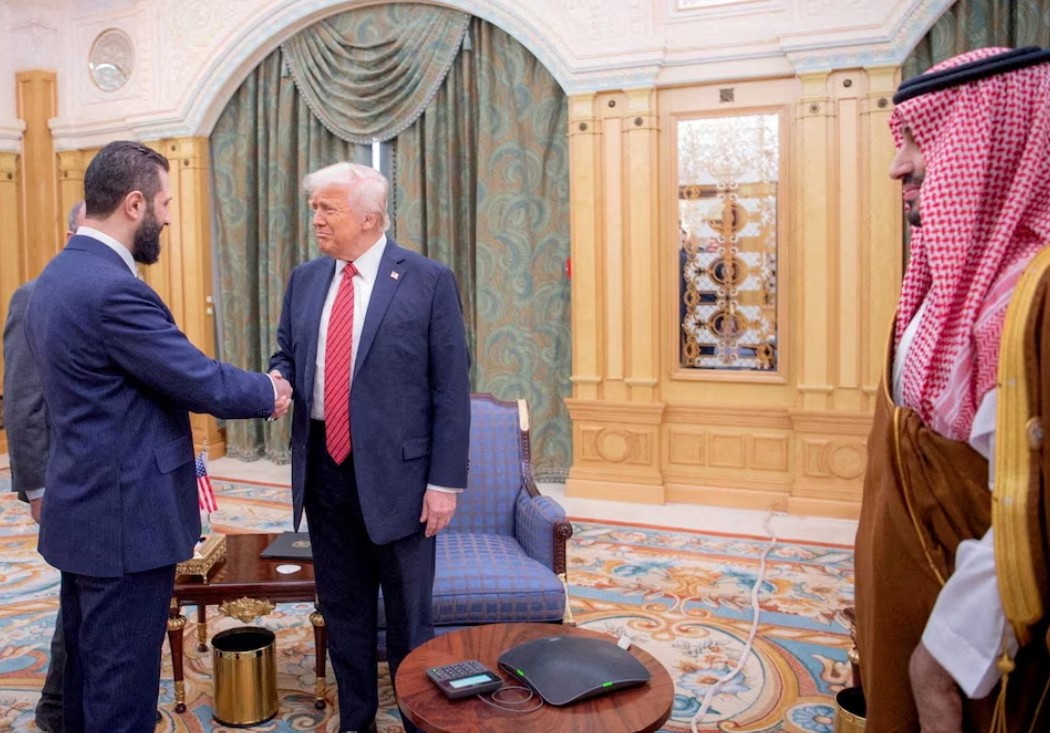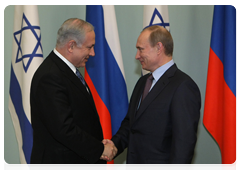MBZ In, Netanyahu Out: Trump’s Middle East Reset

US President Donald Trump today concludes a historic whirlwind Middle East tour, but the message he leaves behind is louder than any press conference: Saudi Arabia is in ascendance, and Israel — under Benjamin Netanyahu — is being shown the door.
The headline moment was Trump’s announcement in Riyadh that the United States is lifting all sanctions on Syria, a stunning reversal of decades-long U.S. policy. The move was reportedly made over the objections of Netanyahu himself, who had personally lobbied Trump to maintain the sanctions. According to Israel’s Ynet, Netanyahu had appealed directly to the former president, warning that easing pressure on Syria would strengthen Iran’s hand. Trump ignored him.
It’s a public snub with major geopolitical consequences. As Haaretz bluntly summarized, “Trump's message to Netanyahu is loud and clear: You're fired.”
According to Israel’s YNet, Netanyahu had appealed directly to the president, warning that easing pressure on Syria would strengthen Iran’s hand. Trump ignored him.
Saudi Arabia, on the other hand, is basking in the spotlight. Trump’s visit saw the signing of a massive arms deal worth $142 billion, as well as pledges of colossal future Saudi investment in U.S. infrastructure and energy. The Saudis, who rolled out a red-carpet reception worthy of royalty, adeptly pandering to Trump’s king-size ego, are now firmly positioned as his go-to partner in the region.
Even Trump’s much-vaunted Abraham Accords seem to be raised now more as a recommendation than a demand, with the regional nations no longer seeing acceptance of normalisation with Israel as a bitter necessity for obtaining US support. During this latest visit, Trump reportedly suggested to his Saudi hosts, "You'll do it in your own time," as a casual aside following a meeting – while there’s no word on the response to this, the Sauds don’t seem to be rushing to dispatch any envoys to Tel Aviv.
This isn’t just about Trump, however. The Kingdom has increasingly found common cause with both Russia and China — purchasing weapons, investing in BRICS economies, and mediating regional conflicts. Riyadh is now leveraging its oil wealth and geopolitical centrality not just to balance powers, but to become one.
Meanwhile, Israel, long the central pillar of American strategy in the Middle East, is being recast as a liability.
Trump's conspicuous avoidance of Tel Aviv on this trip speaks volumes. The days of unwavering White House backing for Netanyahu’s hardline agenda may be over — even if some GOP circles remain loyal.
Of course, Trump is a master of spectacle over substance, with his critics back home in the USA already warning that this pivot could destabilize the region. His allies, however, see it differently. In their view, the realignment reflects shifting realities: Gulf money talks, and regional stability now runs through Riyadh, not Tel Aviv.
The move on Syria further underscores the shift. Trump’s meeting with President Ahmad al-Sharaa marks the first formal engagement between the U.S. and Syrian leadership in over two decades. The Saudis were reportedly instrumental in brokering it — part of a broader Saudi-led push to reintegrate Syria into the Arab League and sideline Iranian influence.
The message is clear: Saudi Arabia is emerging as the new nexus of power in the Middle East. Trump’s visit merely confirmed what has been building for years — a reordering of alliances, with Riyadh at the center and Netanyahu left out in the cold.
For a man who once called Trump “the greatest friend Israel has ever had in the White House,” Netanyahu must be wondering where it all went wrong.
Photo










